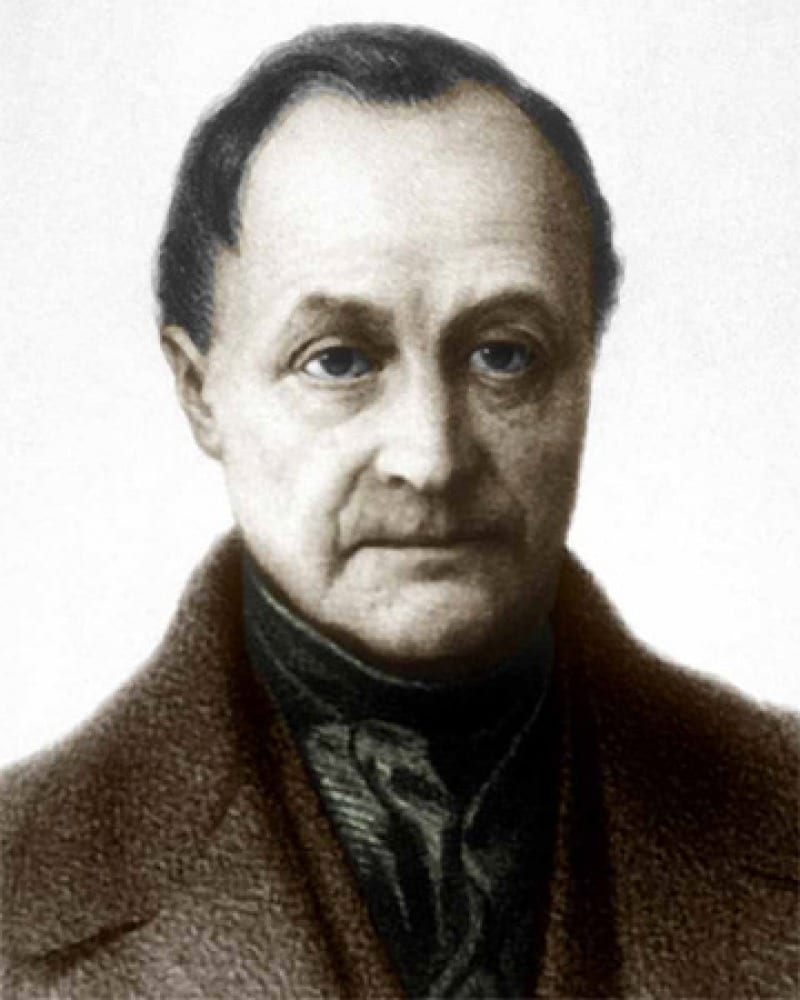“There is no other subject on which the average mind is so much confused as the subject of tolerance and intolerance… Tolerance applies only to persons, but never to principles. Intolerance applies only to principles, but never to persons.” +Fulton J. Sheen, 1931 “The Curse of Broadmindedness”
Today this is truer than ever, perhaps even more so due to the reduction in humanities based education.

Fulton Sheen’s explanation indicates that the definition of tolerance is somehow morphing or at least being obscured to include not only persons but also principles. For anyone with a background in philosophy or history, this should come as no surprise.
Modernism is a philosophical and artistic ideology (they go hand in hand) which advocates the abandonment of realism (the idea that reality exists independently of observers). Did you hear that? Reality (as you understand it) is only in your head and it will be different than someone else’s. In short, the perception of the individual is the reality to that person—IN EVERYTHING. There is no ‘rock’ that is the same ‘rock from person to person, the only real thing is the perception of the rock which resembles another person’s perception of that same rock…which in a ‘hard’ version of idealism (the group of philosophies which assert that reality, or reality as we can know it, is fundamentally mental, mentally constructed, or otherwise immaterial.), both contradicting perceptions of the rock are, to each person reality, even if they contradict.
As many of you know this avalanche was triggered by the questions of Descartes who determined that we have no way to know that what we see as ‘reality’ isn’t actually just an illusion: I can cognize overtly that nothing can be perceived by me more easily or more evidently than my mind.” (Descartes’ Meditations on First Philosophy, Second Meditation)
So what does this mean for tolerance? It means that how much you hold someone accountable for their actions or beliefs is relative to how much their perception differs from other people’s perceptions, none of which are ‘correct’ in themselves. And so here…we have a problem…now no one is right, it is just a matter of taking inductive account of the most common perceptions in order to reduce conflict….but the one rule that must remain absolute is that everyone is entitled to their own opinion because everyone has their own perception.
Fulton Sheen is saying that to use the world tolerance it must be being used to apply to the person only and not to the idea which is perceived to be wrong. If one is going to be intolerant, one can only do to a person and not do it to an idea.
To be tolerant of a wrong idea would be the same as not correcting someone when you know they have the wrong answer to a math problem. You tolerate the person but not the error. To say ‘its ok you can have a different opinion than I do” on a math problem would not be tolerance…that is ignorance. The reason I use a math problem analogy is because it is one of the few domains that remain objective and unaffected by modernism. The Catholic Church does believe that reason can tell us what is moral and should be tolerated or not tolerated by natural law…but that is a another topic.
The next time someone reminds you to be tolerant, as yourself if they mean tolerant of the person or tolerant of the principle which you perceive to be wrong.
There’s also a good book on the topic.


